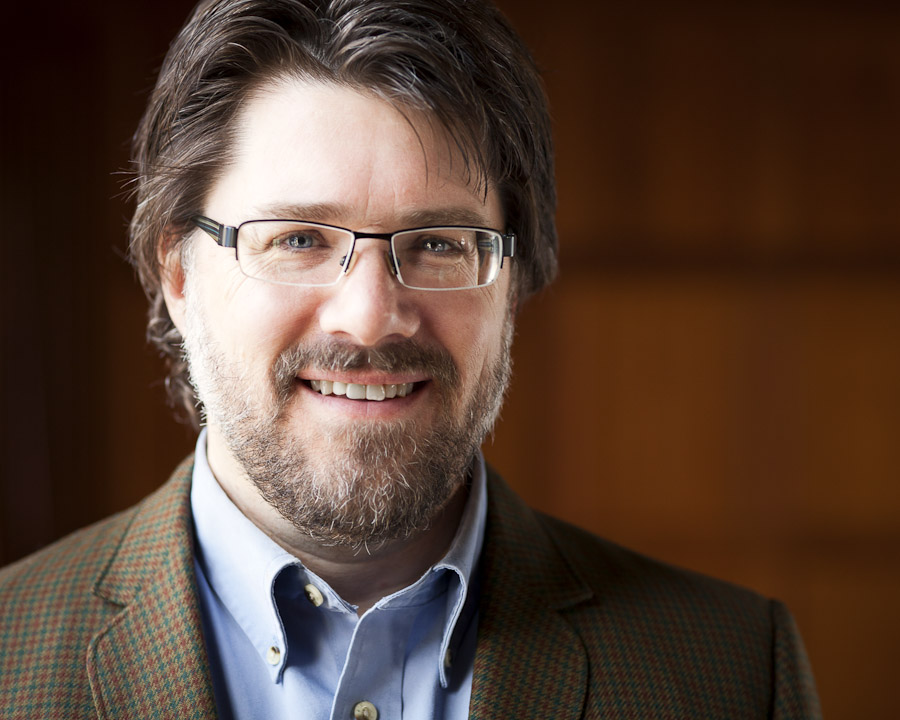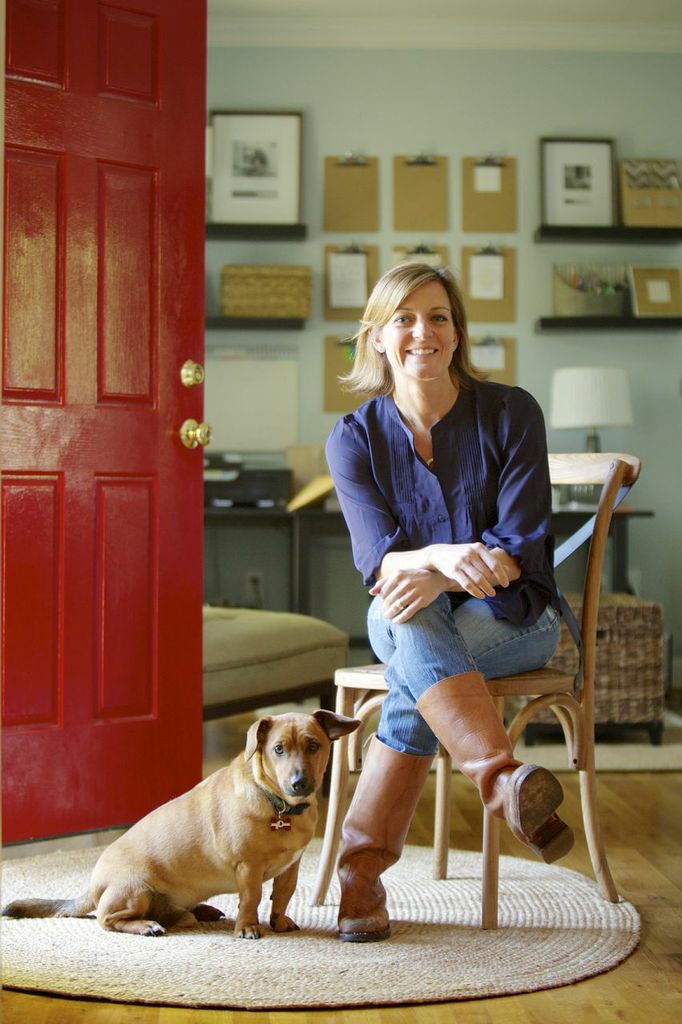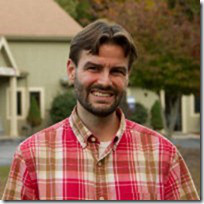Here’s a resource for you that is sure to give you a boost.
AND Your purchase will help me continue the show.
(Have you already read it or might you be feeling a bit more generous? Please use the donate button (in the left sidebar) to contribute to the the work here. Help me make awesome things for you each week. Thank you!)
Podcast: Play in new window | Download (Duration: 1:05:48 — 90.4MB) | Embed
Subscribe to Spark My Muse Apple Podcasts | Spotify | Email | TuneIn | RSS | Subscribe to Spark My Muse
Shownotes
Doug Jackson, Returning Guest and All-Star, Explains the 3 Stages of Spiritual Development and Dispels the Biggest Myths.
Do you know St John of the Cross?
What you don’t know could hurt you…but good news, you are now in for a treat!
Listen and get a fascinating perspective of the darkest places on the spiritual journey with your guide Professor Doug Jackson. See the show notes below!

3:00
Historic context of 16th Century Catholic Revival-Era Spanish Mystic, St John of the Cross
4:30
3 stages of spiritual development
How do we know if we are making progress and what can we expect?
St John (1542-1591) provides a roadmap for night travel.
The Beginner Stage
(The beginner loves God for the self’s sake. The beginners thinks, “What’s good for me.”)
Doug explains the Dark Night of the Soul, the important next stage of spiritual development, in keen and helpful detail.
7:00
God starts at the first stage (in a place of joy and thrill in God) and allows us delight in spiritual things and feed on “mother’s milk” spiritually.
Next, God helps us get used to our baby teeth by moving us to love God for God’s sake.
John of the Cross takes the 7 deadly sins and show how they can happen to us in a spiritual sense.
8:10
God is weening us away from nursing and from spiritual milk. Like a baby, we may misunderstand and feel unloved or unnoticed, at first.
9:00
Commodified is the Dark Night of the Soul in Amercian Evangelicalism. The phrase itself is often used inexactly.
It’s not feeling sad or a string of bad things have happened for which we feel upset and confused.
BUT—It is that without cause we feel God has abandon us.
It is not a loss of faith, nor not depression, nor a felt distance because of sin.
It was also an analysis of depression 400 years before Freud!
11:00
God withdraws sensible (sensory, felt) affects. The dark night of the senses. (first phase).
12:30
Maybe it feels like prayers are bouncing off the ceiling. Maybe it feels that songs or sermons that had made an affect no longer do. This sense of loss will be different for each person.
13:30
Essentially, the delight in God disappears.
13:00
Mistakenly, we often may try to shock people back into spiritual infancy with a method, tactic, or suggestion that seems like it might cause feeling once again. (like a book, a conference, a service, etc)
14:10
The spiritual advice from John is to not abandon your spiritual practices (like prayer, fellowship, meditation, service, etc) continue to obey God and carry on until you pass through the night. They won’t be fun, but you continue for God’s sake, not your own.
Then you can come out on the other side to the stage of the Proficient. (Though the stages are actually more porous.)
15:00
The 2nd stage is where John says most of us get and hardly proceed from.
2nd dark night, is rare, and is horrible and includes a bewilderment and even a loss of faith in God and one comes out with a much richer deeper faith and far more settled and fuller understanding of God.
John Coe using 1 John 2:12-14 explains the stages as well.
18:00
John of the Cross found this understanding through terrible suffering and imprisonment and he saw the spiritual connection.
19:30
In the Dark Night of the Soul, spiritual answers are obscured and things are hidden from view.
Walking by faith and not sight.
22:00
If you can’t find the answers it doesn’t mean that something went wrong, it’s just that you can see right now. There will be a lack of certainty.
22:30
Stick with the basics in the dark night.
23:30
In the dark night we aren’t doubting our Faith, or God, but but we are doubting our understanding of God and our Faith.
The call is to obey God and persist in our ways as before. Eventually a dawn will come.
23:00
In this stage, we jettison things that are not core, central and true and come to understand God in a better way.
BE WARNED: Others may feel anxious to get you back in to where you were.
24:00
Backsliding is not the same thing as a Dark Night experience. The Dark Night is progression.
24:30
Prophets in the OT go through the dark night times.
25:00
Using a different lens to see what is already there.
26:00
Examples:
Elijah after Mt Carmel
Apostle Paul
Job
Jesus (wilderness and Gethsemane)
Jesus “learned obedience” and the the will of God was not pleasant
We all go through these types of dark nights
28:00
John of the Cross’s work was (and is) written for [spiritual] guides (leaders) so they can recognize what is happening and to know what not to do.
30:00
Some mystical-style theologians have been hijacked and grafted into a different (sometimes New Age) model of how the reality is ( i.e. “divided self”.)
30:30
The Devil – So what about the Devil which is a prominent feature in the writings?
A CAUTION:
John takes the readers’ Christian theology for already granted. The basic Christian theology was assumed because that was the background and beliefs of his audience.
32:00
Doug answers…Devil with a Big “D” questions. How do we come to understand John and what he is saying, if it is different than our understanding of The Devil and the spiritual world?
Don’t rehabilitate [John], or superimpose our ideas on his work.
Don’t judge or put parts on trial for the embarrassing and difficult sections of St John of the Cross.
34:30
Approach the text thus: “Eat the meat of the fish not the bones”
35:00
If the language bothers you, then let it lie fallow and see what is going on in your own heart as you read.
35:30
We can learn from old text.
36:00
On intellectual honesty and intellectual humility
37:00
On why the devotional classics become that way.
37:30
On the reading of old books (C.S. Lewis) (click to read)
We have different blind spots now. Different mistakes in different times.
38:30
Our cultural and worldview will effect our beliefs.
39:00
How do we get through the Dark Night?
It is up to God as a Grace. Our only job is to remain faithful.
41:00
The promise is (found in Scripture and from those who’ve gone ahead of us in the Faith) that we come out (into dawn) and see the value of what we went through.
God says to Job: I’m God and you are not.
Job says, “Now I have seen you. I spoke out of turn.”
42:00
A word of hope for those in the dark night.
1. Those in the dark night bless those around them and their pride does not effect this because of the Night itself. We are spiritual protected.
43:00
In the Dark Night we don’t get to be proud of our humility.
Be faithful know that God is using you and wait it out.
43:30
Modern example Mother Teresa. She lived most of her life with a sense of abandonment by God.
“If I ever become a Saint I will be a Saint of Darkness, facing the dark to guide souls to the light.”
44:00
People were drawn to her service and work for God even though she felt God’s silence.
45:00
On her critics who say she stopped believing in God.
Christopher Hitchens wrote slanderously about her and others in his book “The Missionary Position”. He said she did have the courage to admit publicly that she didn’t believe in God and never had.
46:00
Mother Teresa–her fruit shows otherwise (it’s sow belief and faithfulness).
Apostasy is a deliberate walking away from God which is a danger of misunderstanding the Dark Night. This is why trained and wise spiritual guides are essential.
47:00
C.S. Lewis character Screwtape urges: “Use the word “phase” to tell him he had it all wrong”
In a genuine Dark Night, we may think we have abandon God or want to and then find ourselves incapable of it.
48:00
Doubt in God is like holding a volleyball underwater with just one hand and senses all the force and then thinking there is no volleyball because it cannot be seen.
“We aren’t working without a net and we won’t fall out of the arms of God.”
49:00
If you are in the Dark Night…(it helps) remembering “it’s a thing, a documented thing”.
49:30
Walking in the footsteps of those who’ve gone before.
51:00
What to do if you are in the throes of it all. best advice.
Richard Foster’s advice in the Celebration of Discipline. The chapter on solitude.
Don’t try to explain this to people when you are in it.
(It’s like Fight Club) “The first rule of Fight Club is you don’t talk about fight club”
Most people will not get it. It can hurt our spiritual reputation. God is drawing us into obedience and faith in the absence of feeling. We carry on
Spiritual Director or guide is very important.
“The Dark Night of the Soul” (click to get it free)
“The Way of Spiritual Direction”
“The Spiritual Journey: Crucial Thinking and Stages of Adult Spiritual Genesis”
Henri Nouwen “The Way of the Heart”
55:00
Protestantism running thin in certain areas.
Psychology tainted some spiritual experience as pathology and than co-opted with modern Christianity.
57:00
Baptists were not systematic theologians early on because of the persecution from the Mother Church (in Rome).
58:00
Puritan writers like Jonathan Edwards take God as Physician of the Soul very seriously.
59:00
The one sermon that did in Jonathan Edwards in our time.
“The Religious Affections” To teach that the Great Awakening was just an emotional experience or demonic experience. He writes on how to understand what is of God.
60:02
On taking your time understanding the Dark Night. God is trying to bring us into greater maturity and Christ likeness.
Have you ever gone through a Dark Night of the Soul?
If you’ve reached the dawn, what was strengthen or changed in you?
Blessings in your night travels. If you aren’t in a Dark Night, it’s coming. Stay Calm and Carry on.
If you have any questions or you would like to drop me a line about what you are going through, please use the contact page. A helpful (worldwide) listing to find qualified guides is here.






 A conversation with Shane Tucker:
A conversation with Shane Tucker:

